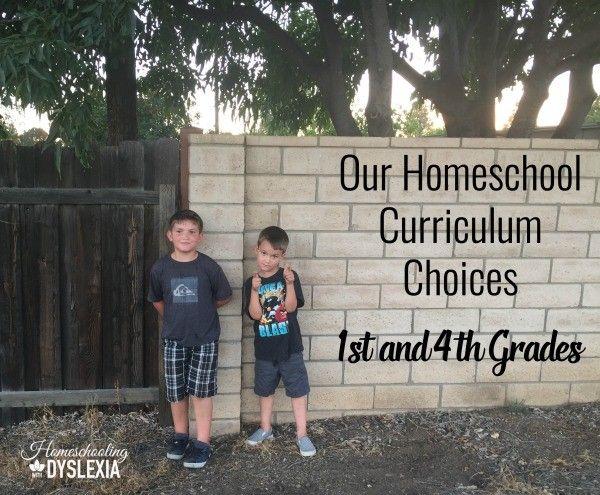
After homeschooling our 8 kids for the past 20 years, we’ll only be homeschooling 4 kids this year! Believe me, it seems like a walk in the park compared to having all 8 of our kids at home – usually with babies and toddlers in the mix. Ahhh, those were the days!
This year we’ll be homeschooling our 2 youngest (both boys, God help me!) in 1st and 4th (but really more like 3rd) grades. We also have 2 daughters who will be in 7th and 8th grade. More on their curriculum choices later.
I’ve already shared some of our top picks for homeschool curriculum for both of these grades here:
Curriculum Suggestions 1 -3 Grades
Curriculum Suggestions 4th Grade
And this epic post on How to Find Homeschool Curriculum for Dyslexic Students
Don’t forget our Resources Page that has a ton of resources listed, including Curriculum.
Our Homeschool Curriculum Picks for 1st Grade
For those of you who are interested, here is what we’ll actually be using this year. I’ll begin with grade specific curricula like reading and math and then move on to history and science which the boys will do together.
Reading & Handwriting
Logic of English (LOE) Foundations Levels A & B
Denise Eide, the creator of LOE, sent me a load of her reading curricula last Spring and I have been perusing them with great excitement. Our dyslexic 6-year old knows his sounds but still struggles to sound words out well. The Foundations Program from LOE is an incredibly solid program with a wide variety of phonemic awareness exercises, multi-sensory review activities and includes a built in cursive writing program. Since he is still at the very beginning of his reading journey, we’re going to have him use LOE Foundations. LOE also has a program for older kids (8+) called Essentials that is very good. More on that later. Note: No spelling instruction for this guy until his reading improves some!
Math
We have used this hands-on math program for almost all of our 20 years of homeschooling. The base 10 blocks that accompany the program give young kids (and struggling mathematicians) a multi-sensory was to touch and see the math that they are learning.
Critical Thinking Press, Mathematical Reasoning Book B
My ‘producer’ personality paired with living in a busy household full of distractions drives me to want to check of math lessons and ‘get done’. However, wisdom tells me that math should also be thought provoking and even a little fun. That is why once or twice a week we supplement our core math curriculum (MUS) with a few pages from Mathematical Reasoning Book B. The pages are colorful and the topics varied. We don’t strive to finish the entire book rather use pages of need or interest on the fly.
Our Homeschool Curriculum Picks for 4th Grade
Reading
Our just-turned-9-year old is beginning to pick up the pace with All About Reading and is moving quickly through Level 2. Because he is familiar with the program and enjoys it – especially the beautifully illustrated and engaging readers – we are sticking with AAR for 4th grade. For my complete review of AAR, click here.
Spelling
As is recommended by the creators of All About Reading, we started Level 1 of All About Spelling (AAS) when we started Level 2 of All About Reading (AAR). The reason for this split is that reading skills develop much faster than spelling skills. An interesting benefit to working on spelling at a lower level than reading is that my son feels strong, capable and smart when he is doing spelling. It is also great review and builds fluency. Note: We have our son reread the readers from AAR Level 1 while working through AAR Level 2. Again it helps with fluency and gives him some good practice.
Fluency Practice
Let’s Read is a small booklet designed for building fluency. Our son reads one 2-page spread every day for 3 days before moving on to the next 2-page spread.
We also use a variety of methods such as paired reading and repeated oral reading from this post on building reading fluency.
Handwriting Instruction
The Rhythm of Handwriting from The Logic of English
We began using this program once I felt that our son (who is also dysgraphic) had the hand strength and maturity to begin. I wish I had started this program earlier. He loves it and is excelling with cursive writing. For more information on handwriting instruction read:
How I Teach Handwriting to my Kids With Dysgraphia
How and Why I Teach Cursive to my Kids With Dysgraphia
Math
We will be transitioning into Teaching Textbooks this year. I like to transition to Teaching Textbooks from Math U See in about 3rd grade depending on our child’s ability. I love the instruction, the interactive nature of the program and the immediate feedback if a problem is answered incorrectly. This guy has struggled some with math. We’ll see how he does and if needed, go back to MUS for it’s hands-on, multi-sensory approach.
Our Homeschool Science and History Curriculum Picks for 1st and 4th Grades
There is no need for a separate science and history program for each grade. We will do these two subjects together which is more fun and saves a lot of time!
Our family joined a Classical Conversations Homeschool Co-op (CC) several years ago and LOVE it! Being a part of a CC community has given me the support I needed (yes, long-time homeschoolers can get burnt out too!) with the flexibility that I still need as a busy, working at home, large family homeschool mom.
Read this post for more thoughts on Kids With Dyslexia and Classical Conversations.
In our weekly CC meeting, the kids do a science experiment, memorize history facts, and study geography. At home we review all memory work and supplement with this:
Science: Using the science topics being covered in CC, we are supplementing with a method that I read about in Susan Weiss Bauer’s The Well-Trained Mind.
The process is simple: You’ll read aloud to the child from the science book (an Usborne Illustrated Science Book), and then ask her to narrate — to tell back in her own words two or three important facts that she’s learned. You’ll write this narration down (or ask the child to write it, if her skills permit). If the child shows interest, you’ll find additional library books on the topic. And if not, you’ll move on to the next topic.
Note: I checked out The Well-Trained Mind from the library to learn more about the Classical Model, specifically from a homeschool perspective. The book is massive and could easily become overwhelming. Remember when you are planning for your unique child’s education, that any methods or curriculum are simply tools for you to use. Just as you would not use a hammer to repair a delicate earring, you are not bound to complete a certain curriculum or precisely follow any particular ideology. I am picking and choosing what I think would excite my kids intellectually and meet their needs right now.
History: Classical Conversations is divided into 3 cycles. This year, during Cycle 2, we are studying the Medieval Period to the Reformation. For our first 6 week quarter (that is as far as I plan ahead at one time) we will be supplementing our history memory work with:
The Story of the World: Book 2
Engaging history told with stories. We listen to one chapter a day from the audio CDs as part of our Morning Time routine. The accompanying activity book contains ideas for narration, extra read alouds, map work, games, crafts and cooking that coincide with each chapter. We will pick and choose which of these ‘tools’ we’ll use as time and interest permit.
Read Alouds
For the first 6 weeks of CC our planned read alouds are:
- The Magic Rune: A Tale of the Times of Charlemagne
- Robin Hood
- The Door in the Wall
For more planning ideas and supplements to the CC program, I highly recommend the web site Half a Hundred Acre Woods.
Our 6-Week Morning Time Plan
As I said before, I generally plan each year 6-weeks at a time. We school for 6 weeks and take 1 week off. This gives me a chance to evaluate what is working and what might need some tweaking.
For our first 6-week segment, we’ll be using:
Classical Conversation Memory Work: includes History, Geography, English Grammar, Latin, Science and Math
History Read Alouds (see History above)
Science Supplement (see Science above)
Odds and Ends
Both boys will be in our small, homeschool Cub Scouts pack. With one of our older son’s and Eagle Scout, I love the incremental approach to the Scouting program. Building a sense of community, character and life skills that result in exceptional young men at the end of the program.

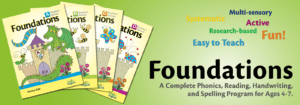
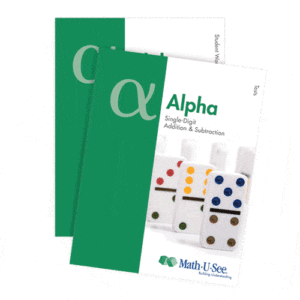
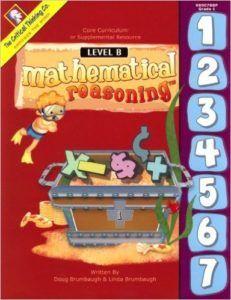
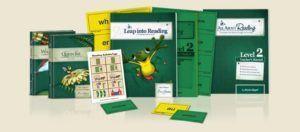
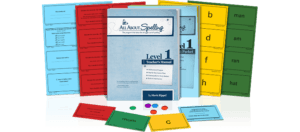
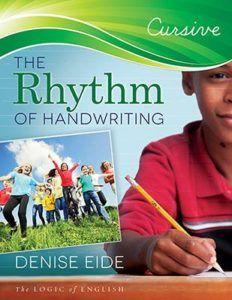
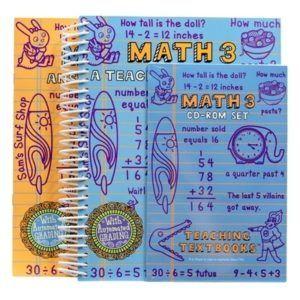
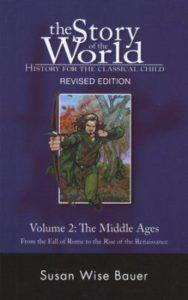




I am loving this post! I have four children: 5th grade (but really more like 1st/2nd), 3rd grade, Kindergarten and a 3-yr old. We are on our second year of homeschooling and we have decided to join CC this year as well! I am looking forward to the learning possibilities this will open up for my children as I have not been able to add in a lot of Science, History, Music or Art. Teaching three kids to read is very time consuming! I know you understand completely! I have been trying tondecidenif I should get a tutor for one of my children as he has a tendency to put up walls and shut down on me during reading sessions. He seems eager to start back up this year, but once he teaches that moment of frustration, who knows what will happen. I also wanted to mention another great resource I had found called Simply Classical which is a Classical Curriculum for special needs. I am utilizing some elements from their program too! Thank you for sharing your family with all of us. We are most Blessed by your experiences and wisdom that you are able to pass along! Blessings this school year!
Love seeing what you’re doing. ‘m sort of glad to see I don’t have the only 9 year old in AAR 2. We’ve been on this level over a year, not breaking for summers and we’re still not quite half way. Hopefully it will speed up at some point here!
It is great to see such wonderful programs being Introduced to kids. The Home School is one such place where kids tend to learn things quickly.
It is great to see such fantastic materials being used for Grade 1 to Grade 4.